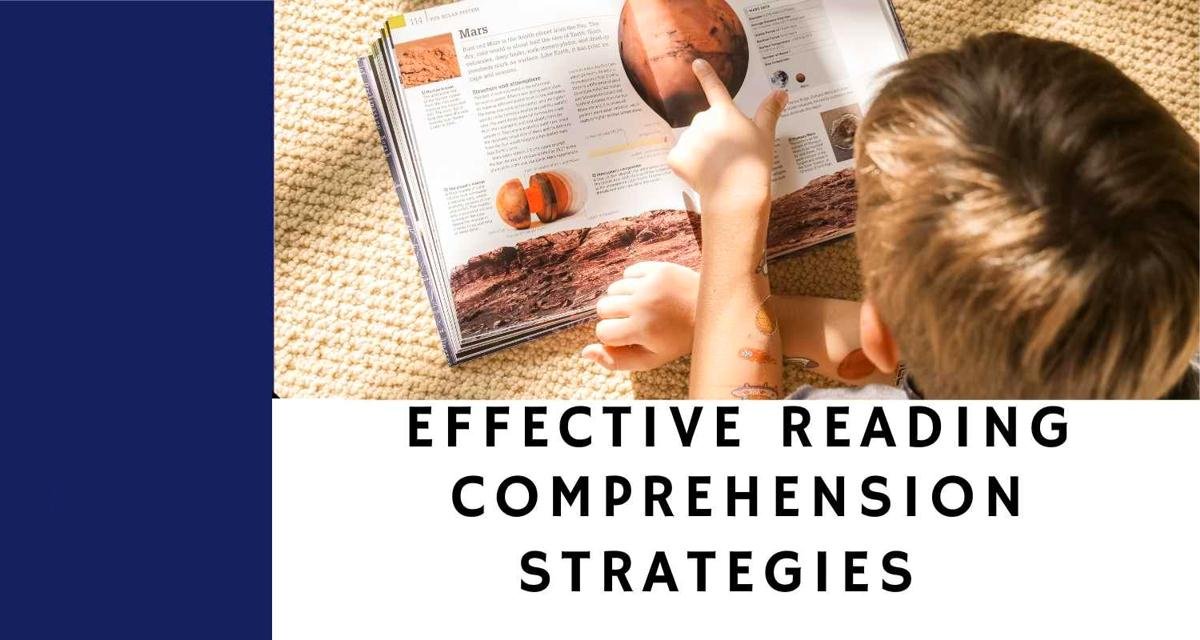What to Expect at a Career Counseling Session

When you embark on the journey of seeking career guidance and direction, a career counseling session becomes your guiding light. These sessions offer invaluable insights and assistance to individuals looking to make informed choices about their professional paths. In this article, we will delve deeper into what you can anticipate when you participate in a career counseling session, shedding light on the process, the role of a career counselor, and how it can pave the way for your successful career journey.
Career counseling is not just a mere conversation with a counselor; it is a tailored experience designed to help you gain clarity and purpose in your professional life. These sessions provide a structured platform to explore your interests, skills, and aspirations, ultimately enabling you to make informed decisions about your career. In the following paragraphs, we will walk you through the entire process, from preparing for the session to what happens during and after it, ensuring that you step into your career counseling session with confidence and a clear sense of purpose.
Understanding Career Counseling
Understanding career counseling is a fundamental aspect of preparing for a career counseling session. It provides valuable insights into the purpose, process, and benefits of this specialized form of counseling. Let’s delve into the key components of understanding career counseling:
What Is Career Counseling?
Career counseling is a tailored and structured form of counseling that focuses on helping individuals make well-informed decisions about their career choices. It is a collaborative process that involves a proficient career counselor who plays a pivotal role in guiding individuals through the intricate journey of career development.
Read more: How to Get a Care Career in The UK
The Role of a Career Counselor
A career counselor is your trusted guide in the realm of professional development. These professionals are well-versed in various aspects of career planning and development. Their roles encompass assessing your skills, interests, and goals, providing information about diverse career options, and offering unwavering support and guidance throughout your career journey.
In essence, a career counselor serves as your compass, helping you navigate the complex landscape of career choices. They offer expert advice, foster self-discovery, and empower you to make sound career decisions that align with your unique attributes and aspirations. With their expertise and support, you can embark on a journey of self-exploration and career success.
Preparing for Your Career Counseling Session
Preparing for your career counseling session is a crucial step in ensuring a productive and effective experience. The more prepared you are, the more you can make the most of this valuable opportunity to gain insight and guidance for your professional journey. Here are some essential steps to help you get ready for your career counseling session:
- Set Your Goals: Start by defining what you hope to achieve through the counseling session. Whether you’re looking to choose a career path, make a career change, or advance in your current field, having clear objectives in mind will help you and your counselor focus your discussion.
- Gather Relevant Information: Collect essential documents and information about your academic and professional background. This may include your resume, academic transcripts, and any results from career assessments you’ve taken in the past. Providing this information to your counselor will give them a better understanding of your background and help tailor their advice.
- Reflect on Your Interests and Strengths: Take some time to reflect on your interests, strengths, and values. Think about what activities and subjects you are passionate about and what skills you excel in. This self-assessment will be a valuable starting point for your counselor to assist you in aligning your career goals with your attributes.
- Prepare Questions: It’s a good idea to prepare questions you have about your career choices or concerns. These can range from inquiries about specific professions to queries about educational or training requirements. Having a list of questions ready will ensure that you cover all your concerns during the session.
- Stay Open-Minded: Be open to exploring various career options. Your counselor may introduce you to paths you haven’t considered before. Staying open-minded can lead to new opportunities you might not have otherwise explored.
The Career Counseling Session
The career counseling session is the heart of the process, where you engage in a meaningful dialogue with your career counselor. During this session, you can expect various activities and discussions aimed at helping you make informed career decisions. Here’s what typically happens during the career counseling session:
Self-Assessment
The initial stage of the session often involves self-assessment. The counselor will ask you questions about your interests, skills, values, and personality traits. This helps in identifying your strengths and weaknesses.
Career Exploration
Once your counselor has a better understanding of your attributes, they will introduce you to various career options. You’ll explore different professions, industries, and the educational requirements for each.
Setting Objectives
After exploring your options, the next step is to set clear career objectives. This might include short-term and long-term goals, as well as a plan on how to achieve them.
Educational Guidance
If your chosen career path requires additional education or training, your counselor will provide information about relevant courses, schools, and scholarships.
Resume Building and Interview Skills
Career counselors often help you with resume building and interview skills, ensuring you present yourself effectively to potential employers.
Read more: 7 Career Paths for Architecture Graduates
Conclusion
In conclusion, a career counseling session is a pivotal step towards realizing your professional potential and aligning it with your aspirations. It serves as a compass, guiding you through the labyrinth of career choices and providing you with the tools to make well-informed decisions. With the support and expertise of a seasoned career counselor, you can set concrete goals, explore diverse opportunities, and ultimately carve a path towards a fulfilling and successful future.
Remember, the journey doesn’t end with the conclusion of a single session. The insights gained and objectives set during the counseling process will serve as a foundation for your ongoing career development. Embrace the newfound clarity and use it to fuel your ambition. Your career counseling session is not just a one-time event, but a transformative experience that empowers you to take charge of your professional destiny. So, step forward with confidence, armed with the knowledge that you have a dedicated guide by your side, ready to support you on your journey to success.
FAQs
1. How long does a career counseling session usually last?
Career counseling sessions typically last for one to two hours. The duration may vary depending on the complexity of your career goals.
2. Are career counseling sessions only for recent graduates?
No, career counseling sessions are for individuals of all ages and career stages. Whether you’re a recent graduate, contemplating a career change, or seeking advancement, career counseling can benefit you.
3. What qualifications should I look for in a career counselor?
Look for a career counselor with relevant qualifications, certifications, and experience in career development. They should be able to provide references and a clear plan for your sessions.
4. Can I attend career counseling sessions online?
Yes, many career counselors offer online sessions, making it convenient for individuals who cannot attend in person.
5. How many sessions are typically required for significant career changes?
The number of sessions required varies from person to person. Some individuals may achieve their goals in a few sessions, while others may need ongoing support over a more extended period.





